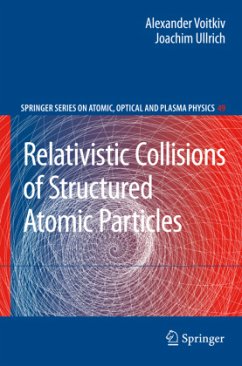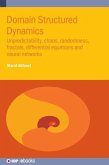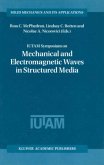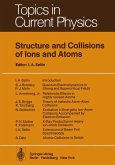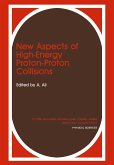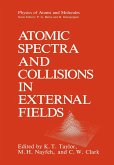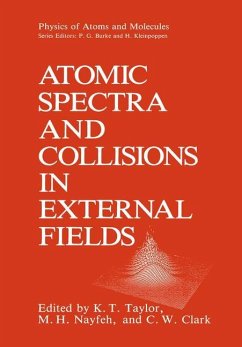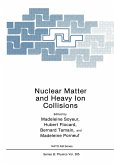During the last two decades the explorations of di?erent processes accom- nyingion-atom collisions athigh-impactenergieshavebeenasubjectofmuch interest. This interest was generated not only by the advent of accelerators of relativistic heavy ions which enabled one to investigate these collisions in an experiment and possible applications of obtained results in other ?elds of physics, but also by the variety of physical mechanisms underlying the atomic collisional phenomena at high impact energies. Often highly charged projectiles produced at accelerators of heavy ions are not fully stripped ions but carry one or more very tightly bound el- trons. In collisions with atomic targets, these electrons can be excited or lost and this may occur simultaneously with electronic transitions in the target. The present book concentrates on, and may serve as an introduction to, th- retical methods which are used to describe the projectile-electron transitions occurringinhigh-energycollisionsbetweenionsandneutralatoms.Special- tention is given to relativistic impact energies and highly charged projectiles. Experimental results are used merely as illustrations and tests for theory. This book will be useful to graduate students and professional scientists who are interested in studying atomic collisions occurring at high-impact - ergies. It assumes that the reader possesses the basic knowledge in classical electrodynamics and nonrelativistic and relativistic quantum mechanics.

